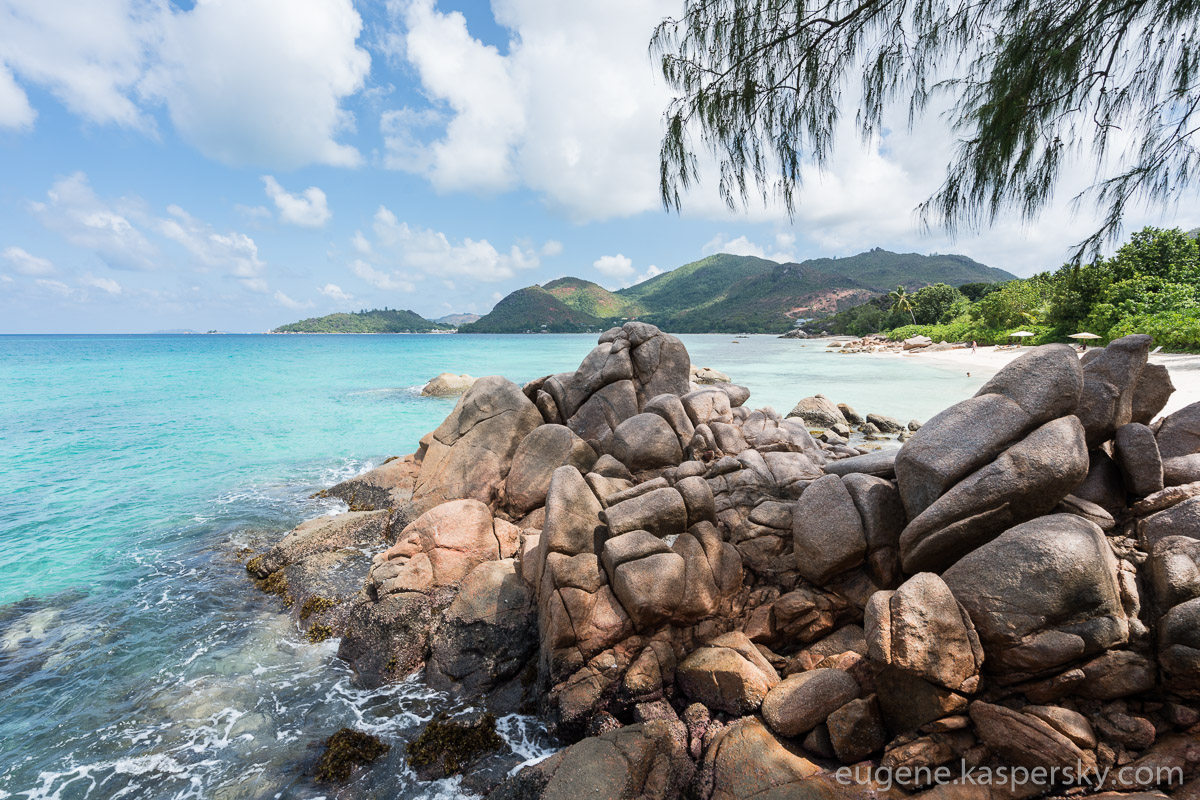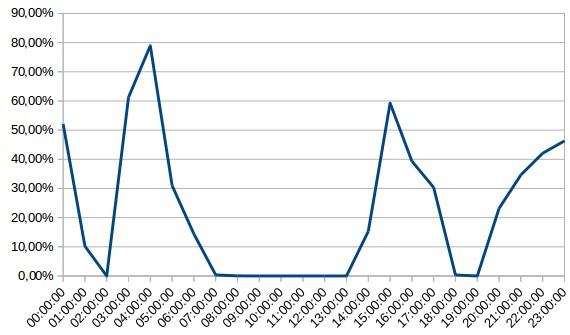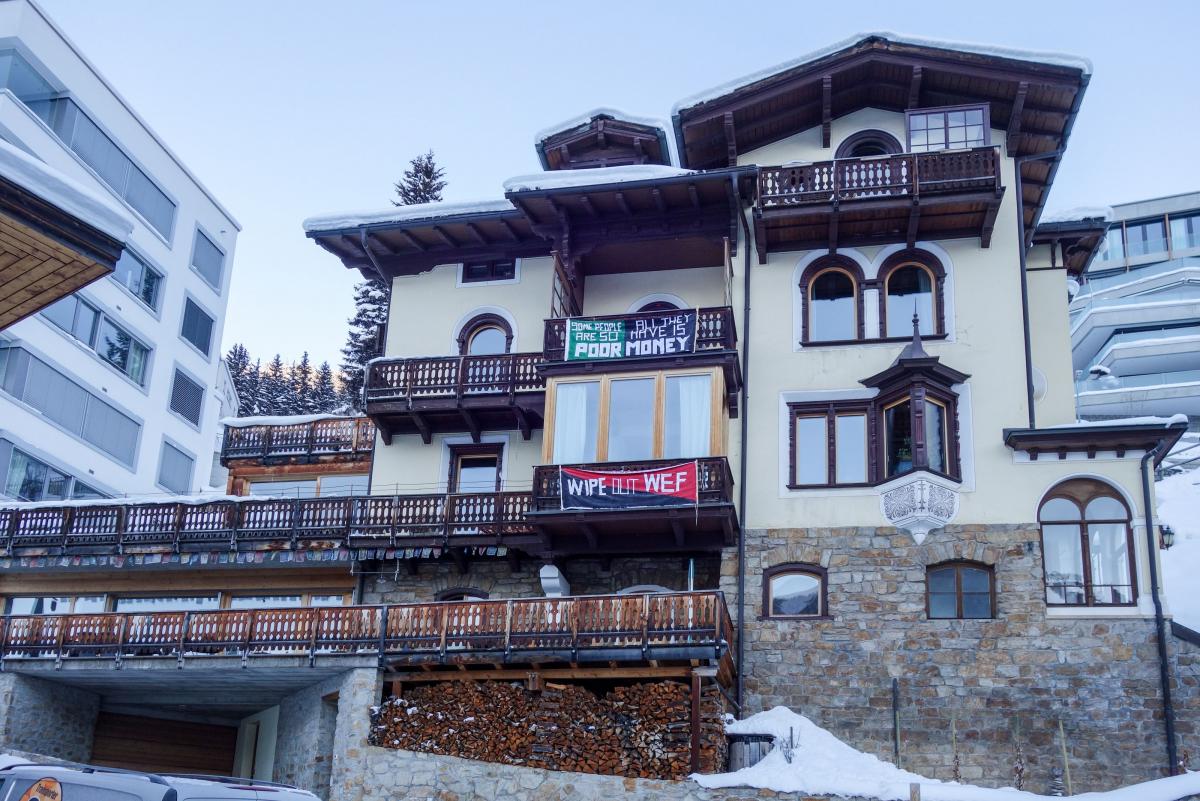As many will already know, the number 2017 is a prime number; that is, it can be divided without a remainder only by itself and 1. Must say, the theory of prime numbers is a wholly interesting one and an extremely useful one too, as any cryptographer will tell you :).

But today I’ll be writing about something different. See, based on the fact that 2017 is prime – or ‘simple’ – many, myself included, are anticipating a simple, straightforward and calm year 2017, especially since 2016 was a bit of a rotter. Let me show you why.
Like I said, prime numbers are those that can only be divided by themselves and 1 without leaving a remainder. Non-prime numbers are called composite numbers, incidentally.
Turns out that 2016 is not only a composite number but a very composite number! It has a whole eight divisors. Grab a calculator your smartphone and test it for yourself:
2016 = 2 * 2 * 2 * 2 * 2 * 3 * 3 * 7
Whoah! Even the quantity of divisors is anything but simple, since 8 = 2 * 2 * 2.
So what about other years? Was 1917, the year of the Russian Revolution, a ‘prime’ year, for example? No, it wasn’t. 1917 = 3 * 3 * 3 * 71. Just four divisors, but they’re kinda poignant – and prophetic of nothing much good.
So what about other very prime/simple years, and other very non-prime/non-simple ones? Ok, let’s narrow this down a bit to 1980 through present day…
Prime/simple years:
1987
1993
1997
1999
2003
2011
And in the near future there are a few more prime/simples:
2027
2029
(eek, that’s a lot of non-simple years until then)
The most non-prime/non-simple years were:
1984 = 2 * 2 * 2 * 2 * 2 * 2 * 31 (seven divisors)
2000 = 2 * 2 * 2 * 2 * 5 * 5 * 5 (also seven)
There were six divisors in 1980, and there’ll be six in 2025. All other years can be called semi-prime/semi-simple.
But I digress…
Now, in the popular British mathematical journal The Guardian :), readers were recently teased with a… brain teaser. In the blanks between the sequence of figures 10 9 8 7 6 5 4 3 2 1 you need to add arithmetic symbols (+, -, x, ÷, (),) – as many as you like – so as to get the number (year) 2017.

For example, if you add arithmetic signs as follows you get 817:
10 * 9 * (8 + 7 – 6) * (5 – 4) + 3 * 2 + 1 = 817
But how do you add arithmetic to get 2017?
10?9?8?7?6?5?4?3?2?1 = 2017
Come on, have a go!
As for me, in nine minutes I got the equation to equal 2017 by kinda wonky arithmetic (I made the ‘3’ and ‘2’ = ’32’!); then, in around 15 or 20 minutes I got the answer in a proper way without bending the rules. I say ‘a’ way: there are different ways of getting to 2017!
So, tried it yet?
Ok, let’s make it harder: Now take away the 10:
9 8 7 6 5 4 3 2 1 = 2017
Read on: How to make 2017 out of 1?…

























